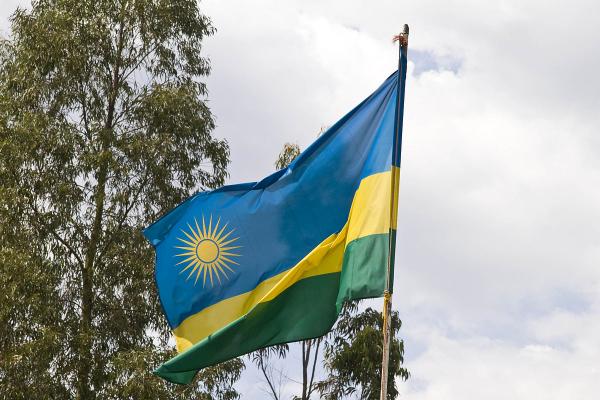
Fri, April 9, 2021
12:00 pm - 1:30 pm
Zoom
Memorials are powerful mechanisms in transitioning societies from mass atrocity to more peaceful ones. This talk investigates the ways memorials can shape the experiences of survivors’ decades after the violence has ended. Dr. Nicole Fox examines how memorialization can both heal and hurt, especially when they fail to represent all genders, ethnicities, and classes of those afflicted. Drawing on extensive interviews with Rwandan genocide survivors, Fox reveals their relationships to these spaces and uncovers the micro processes in which survivors stories are made central to commemoration and how collective memory can also stratify.
